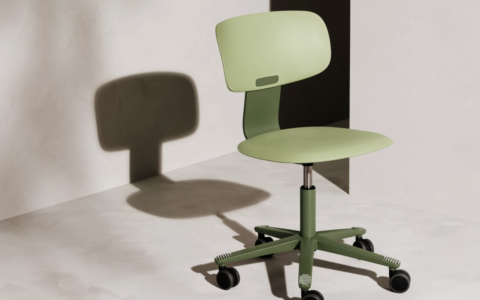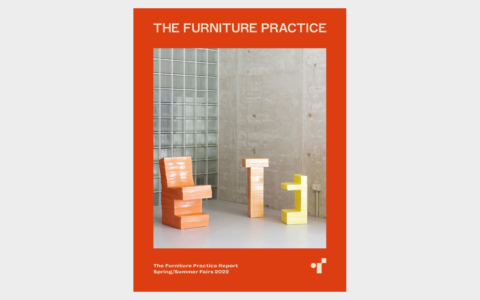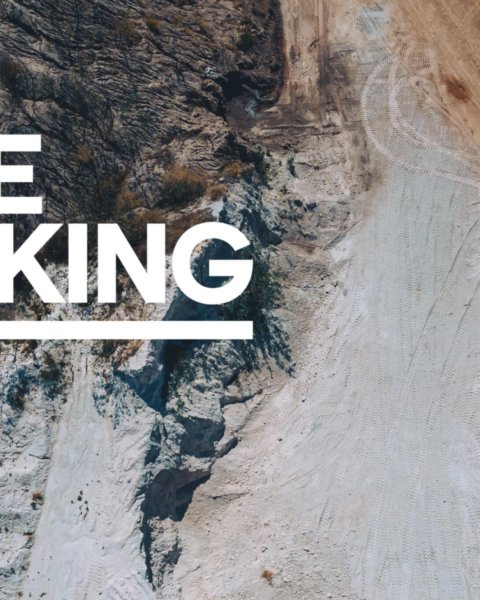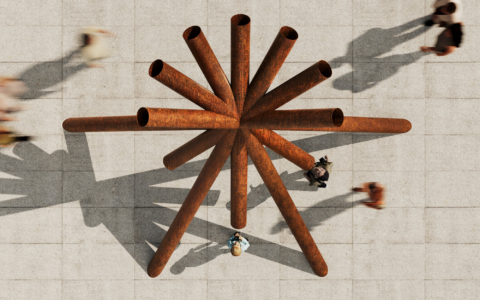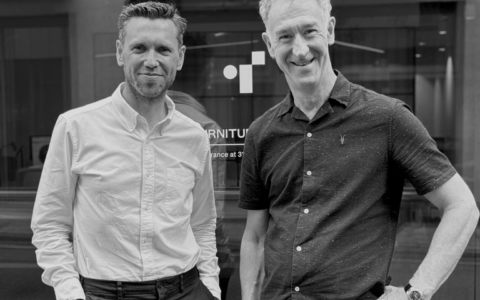In Conversation With: Wickie Meier Engström
Wickie Meier Engström, Director and Partner of Kvadrat Really, in conversation with TFP's Director of Sustainability, Matt Davies
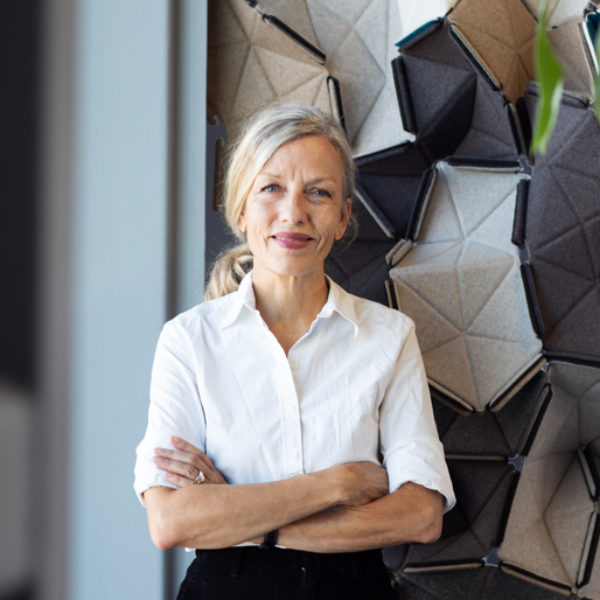
MD: Kvadrat’s collaboration with Really represents exciting advances in sustainable practices in the industry. Could you tell us more about what inspired the collection?
WME: The amount of waste produced across industries, especially textiles, sparked the idea of Really. Another reflection was the need for new, quality materials, and the growing market for design commodities was also a big factor. These three things came together to inspire us.
MD: What about the research and innovation behind it?
WME: One of the major steps in creating our textile paneling has been to separate out textile waste that will produce a beautiful, smooth surface, using other textile waste (which won’t produce this desired finish) in the product's core. This way, we’ve been able to use up much more waste. It has been a real learning process: we’ve discovered a lot about the supply of textile waste and what’s out there, and the best way of meeting market requirements.
MD: What challenges did you face when creating the collection and developing the concept of Kvadrat Really?
WME: One of the issues is the sorting of textiles. You have to know what’s going into a product to know its aesthetics, and textile recycling has not been based on this idea. Clothing has been sorted by category: jackets, shirts, trousers... The rest has been incinerated, gone into the car industry as insulation, or it has been used as road filling. It’s quite a new game working with waste textiles to engineering a totally different product for the furniture industry. The other issue is colour. Colours in a waste stream are different daily, and you can’t curate a fixed recipe. It’s important we avoid the dying process, which is very polluting. We have managed to produce a new colour for this collection which we call cream, and which is similar to a sandstone colour — white is an especially difficult colour to produce from textile waste.
Everyone, including businesses, would benefit from producing better products that last longer. Becoming more sustainable would not only benefit the planet, but us as people.
MD: Those issues around aesthetic qualities of circular materials raise the question of whether sustainable practices are yet seen as on a level with luxury. Do you think we’re on the right path towards that?
WME: There needs to be a giant change, and it takes time. The trouble is that sustainability can compromise a brand's creativity: it’s not only what we want to do, but it’s what we have to do. The luxury industry has also been convenience-driven, and that need for convenience filters down through the industry. High-end brands are leading the game, but they are also just the tip of the iceberg: everyone else needs to catch up too. Things are changing, but I’m sometimes surprised about how difficult and slow these processes are — and now we’re looking at a recession, which risks making sustainability less of a priority for businesses.
MD: Kvadrat Really is championing a circular economy. Do you think that’s the most important way the design industry can tackle sustainability?
WME: Yes. Materials are the baseline of this industry, and we are lacking virgin materials especially. The alternative — an eco agenda — uses up our planet’s natural materials, which is problematic even for business because you need those materials to grow fast due to demand. The other issue is how much we are refurbishing, producing unnecessary waste which is currently not used efficiently enough. We’ve learnt that constantly buying new stuff makes us happy; but then we don’t have time to just reflect. Everyone, including businesses, would benefit from producing better products that last longer. Becoming more sustainable would not only benefit the planet, but us as people.
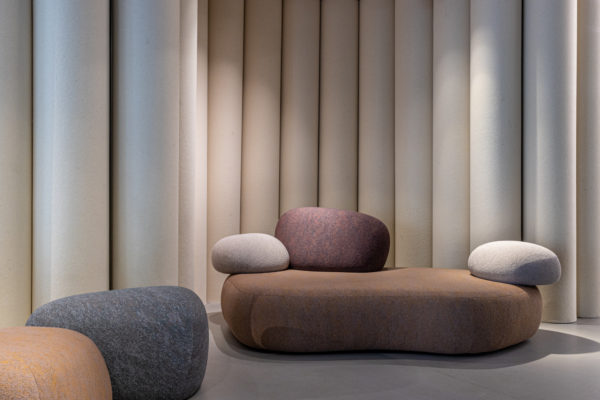
MD: What other issues do you think manufacturers face in working towards this?
WME: The unsustainable standards for furniture, often involving harmful chemicals, make it hard for new, sustainable materials to be approved. At Kvadrat Really, we’re clear on our parameters: for example, we do not add any harmful chemicals to the textile waste as we would not be unable to recycle it. We wouldn’t be staying true to our mission if we followed rules set out in a non-sustainable world. For our Textile Felt fire retardant material, the textile input is an FR textile – in this case, we reutilize the textiles’ embedded qualities. We have, however, made improvements such as resizing the panels we produce to standard tabletop sizes. This avoids excess waste, which otherwise results in unnecessary, expensive processes. Ultimately, we aspire to a non-waste agenda that limits our clients’ waste. We’ve learned this from working closely with people and understanding that as suppliers, we must innovate on behalf of our clients.
MD: Looking forward, are there any new technologies or manufacturing processes that you’re excited about exploring?
WME: We want to keep working at what we’re doing to make our processes even better. We need a lot of acoustic regulation in homes and workspaces, so we are looking at different compression methodologies to make something that is sound-absorbent but also compressed and rigid. Another point of exploration is how we can reuse the plastic in waste textile streams. We’re looking at this from a new perspective, exploring what 3D shapes we might be able to make. We also account for our energy usage and impact because even being circular, you have an impact. We want to be able to see where we are and set out where we want to be in three years' time. It’s so important for businesses to set their own targets and measurements.
This interview was featured in our recently published TFP Report: Spring / Summer Fairs 2022. For more highlights, trends and new product launches from this year's design fairs, register below to receive your own digital copy of the report.
TFP Journal
See moreExplore More
